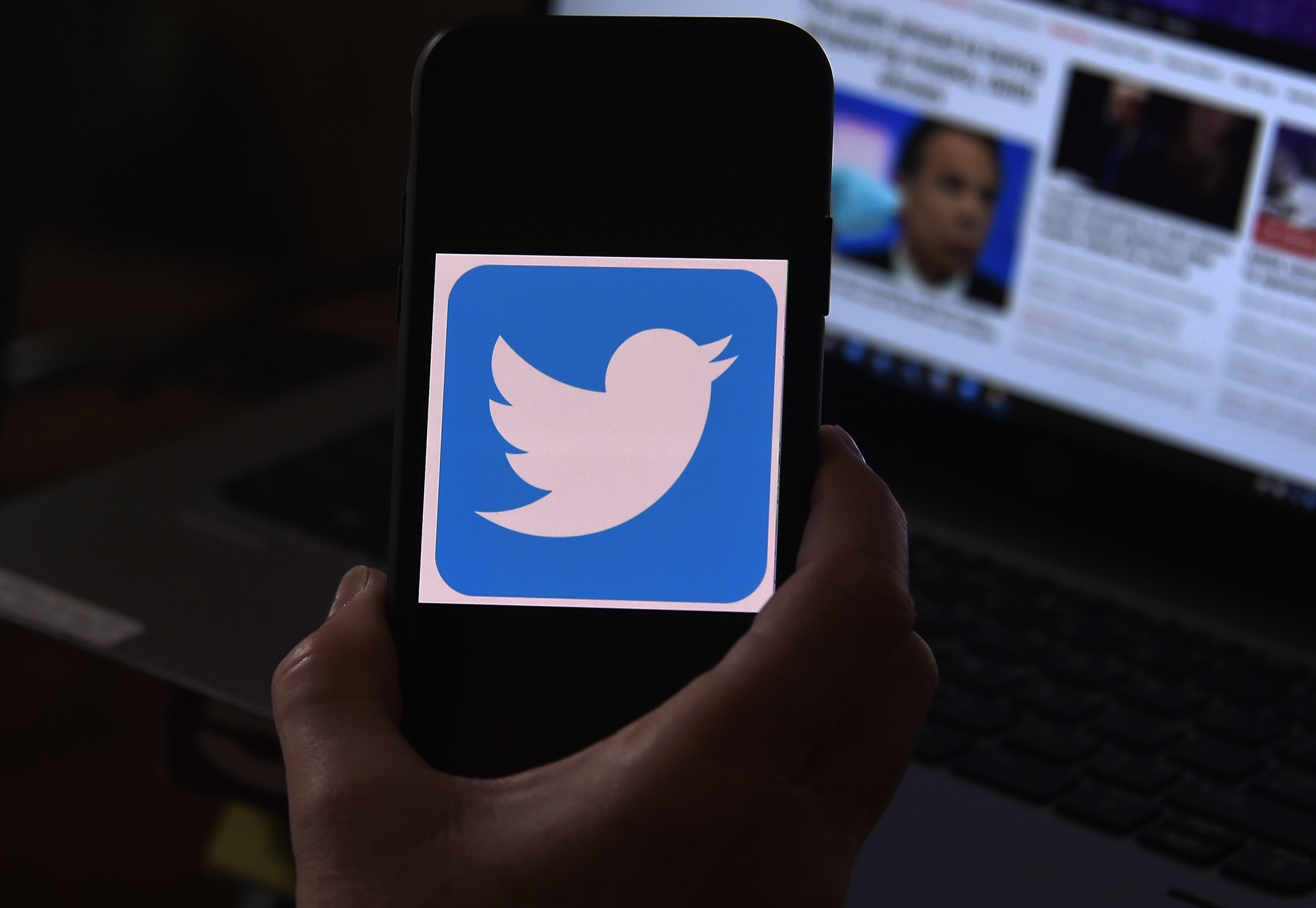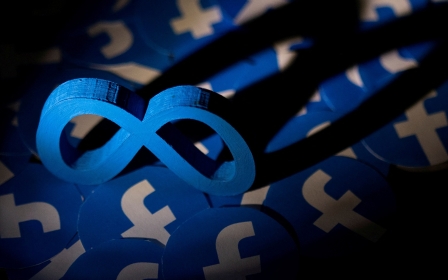Twitter 'secretly helped' the US amplify its propaganda in Middle East

Twitter secretly worked with the US military to amplify its propaganda across the Middle East despite promising to shut down state-run influence operations, according to an investigation based on internal company documents.
The files, first revealed by The Intercept, show how officials at Twitter helped give greater visibility to a network of accounts run by the US Central Command that aimed to shape opinion in Yemen, Iraq, Syria, Kuwait, and other places.
This was done through "whitelisting" accounts at the request of the US government, helping them evade spam filters and boosting their reach.
In one exchange with a Twitter employee, a US military official humorously suggests that it's "tough to do web ops when you can't Tweet!"
The exchange continued with the military official listing six accounts and requesting that some be verified through the "blue checks" and others "whitelisted" so they can "amplify certain messages".
In total, officials requested that at least 52 accounts were given special status.
One account with the Twitter handle @yemencurrent would reportedly emphasise that US drone strikes in the country were "accurate", a claim that has been disproven. The account has now been deleted.
It's estimated that the US has killed at least 1,000 people in drone strikes over a period of two decades.
According to sources The Intercept spoke to, Twitter secretly introduced a new feature in 2017 that would cater specifically to the needs of the US military.
This meant that even if an account did not officially get a blue check, it would still gain the advantages of a blue check account without it being publicly visible.
The Intercept said Twitter did not respond to a request for comment.
US Exceptionalism
Earlier this year, the US government was accused of sponsoring a digital campaign on Facebook, Instagram, Twitter, and other social media platforms targeting Central Asia and the Middle East to promote pro-western narratives.
In July and August, Twitter and Facebook took down dozens of accounts for breaking their policies on "platform manipulation and spam" and for engaging in "coordinated inauthentic behaviour".
The main focus of these accounts was Iran, Afghanistan, and an Arabic-speaking Middle East group comprising Iraqi and Saudi subgroups.
The latest revelations, however, suggest that behind the scenes, Twitter was coordinating with US authorities to protect their accounts while working against other countries carrying out similar online activity.
In 2020 Twitter announced that 7,340 accounts linked to Turkey were being suspended as part of a clampdown on "state-linked information operations," along with a similar clearing out of Russian and Chinese-linked accounts.
Following those revelations, Twitter publicly said that the Turkish government was behind the suspended accounts.
The Turkish government at the time criticised Twitter for being a "propaganda machine with certain political and ideological inclinations".
The new documents show that the rules that Twitter applied to other countries running "information operations" were not seemingly also applied to the US government.
The revelations are the latest in a series of stories based on the "Twitter files," which Elon Musk has volunteered to journalists.
However, they are the first to touch on how the company aligned itself with US foreign policy goals.
This article is available in French on Middle East Eye French edition.
Middle East Eye propose une couverture et une analyse indépendantes et incomparables du Moyen-Orient, de l’Afrique du Nord et d’autres régions du monde. Pour en savoir plus sur la reprise de ce contenu et les frais qui s’appliquent, veuillez remplir ce formulaire [en anglais]. Pour en savoir plus sur MEE, cliquez ici [en anglais].




